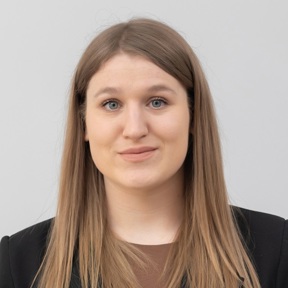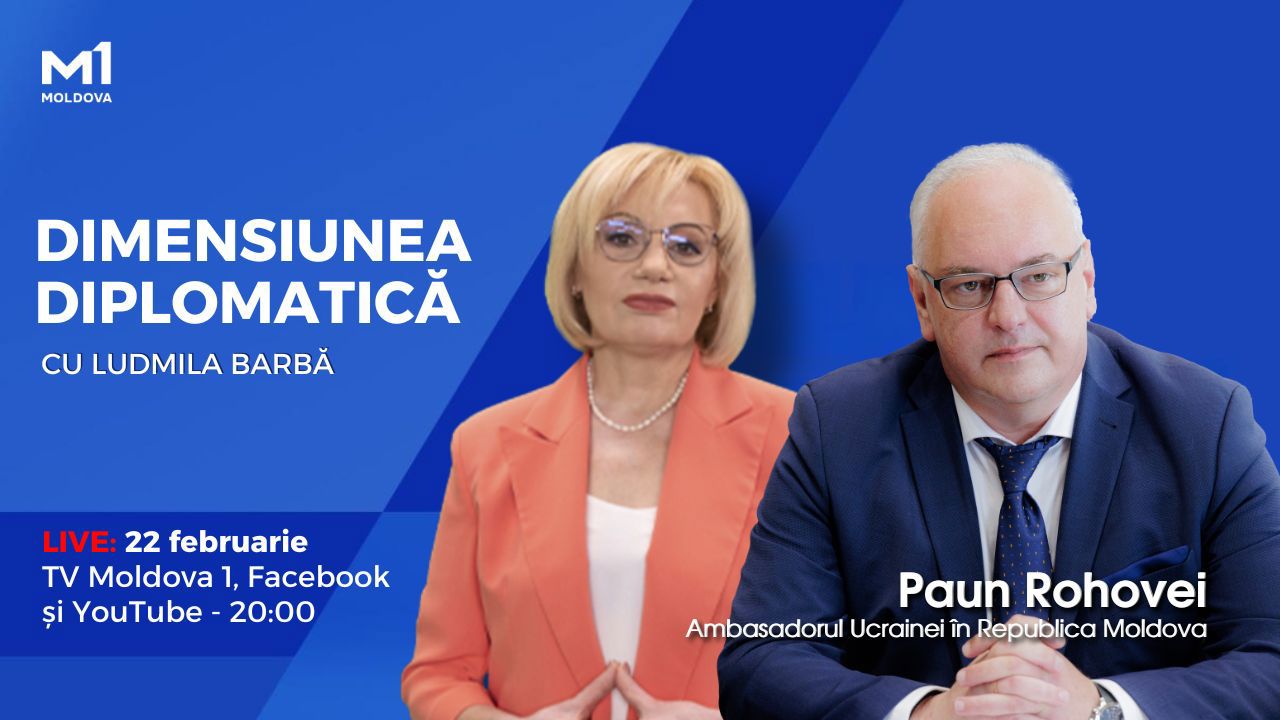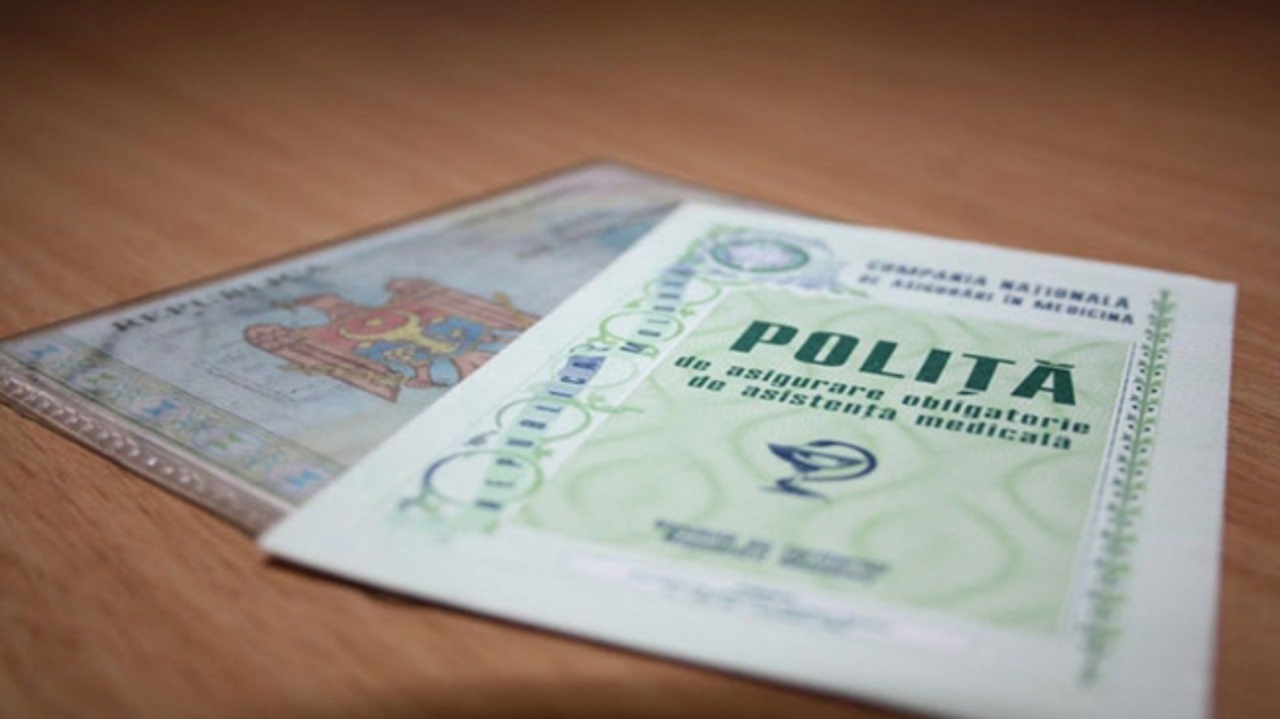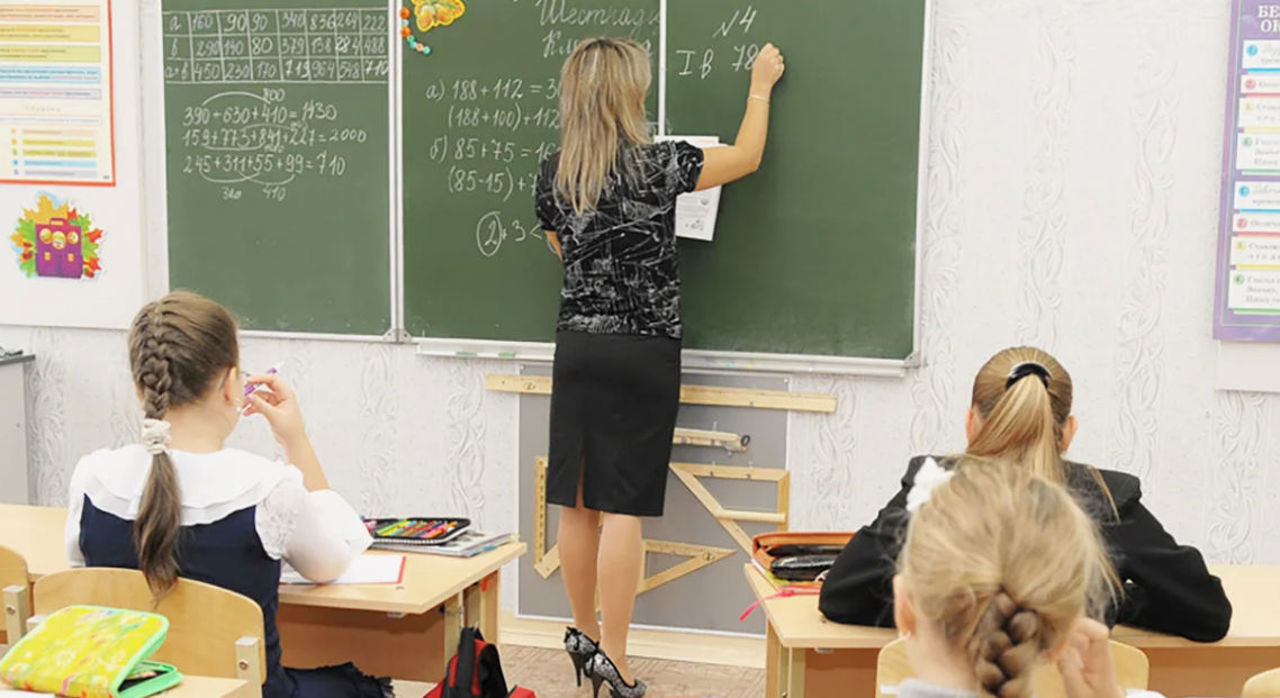Putin agrees to Ukraine ceasefire but sets key conditions
Russian President Vladimir Putin has stated that he is open to a ceasefire in Ukraine, but only if it leads to lasting peace and addresses the root causes of the conflict.
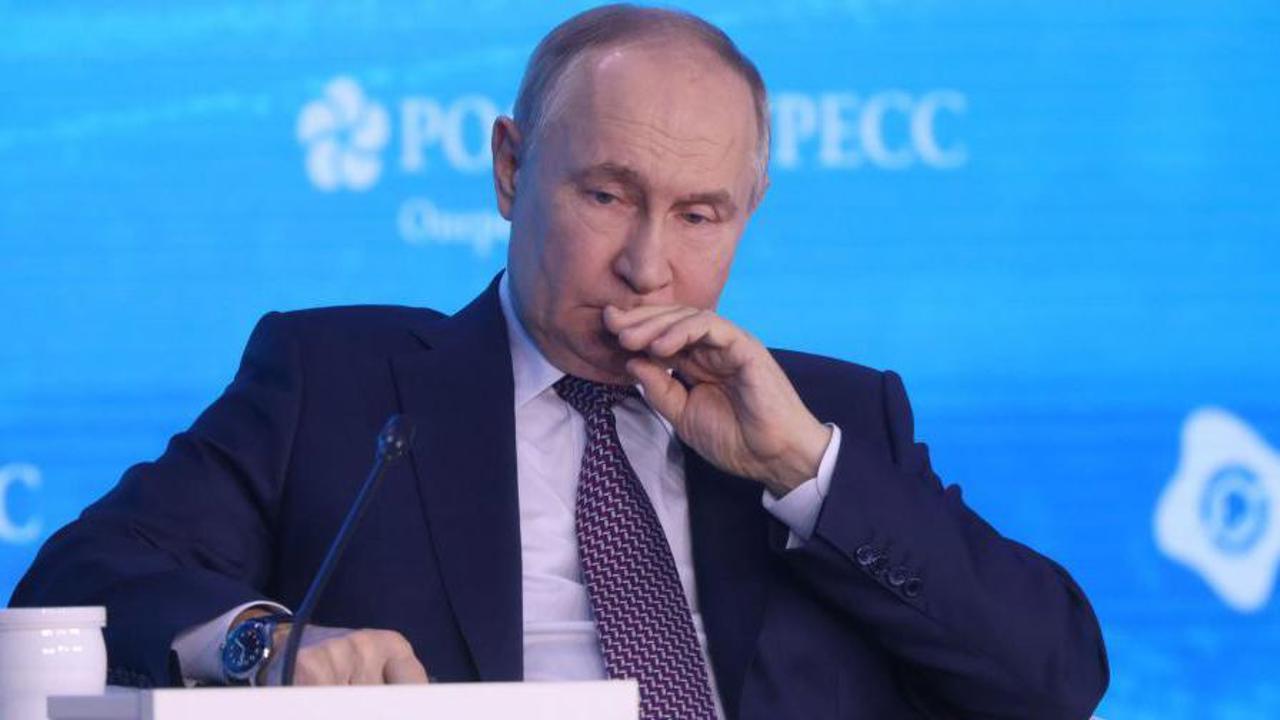
He also expressed support for a 30-day truce but stressed that there are key conditions to consider. In particular, he opposes Ukraine’s continued forced military conscription and the supply of additional weapons during the ceasefire period.
Speaking at a joint press conference in Minsk with Belarusian leader Alexander Lukashenko on Thursday, March 13, Putin referenced Russia’s ongoing counteroffensive in the Kursk region. According to him, Ukraine has a strong incentive to push for a temporary ceasefire, as its troops in the area are currently at risk of encirclement.
“If the physical blockade is completed in the coming days, no one will be able to leave. There will only be two options: surrender or perish. In these circumstances, a ceasefire of at least 30 days would be highly advantageous for Ukraine. We are open to it, but there are conditions,” Putin stated.
The Russian leader emphasized that Russian forces are advancing on nearly all fronts and that the terms of any ceasefire must address the strategic situation on the battlefield.
“Russian troops are making gains across most sectors of the front. Conditions are being created for the encirclement of large Ukrainian units. How will these 30 days be used? Will Ukraine take advantage of this time to enforce mass mobilization and receive additional arms supplies?” Putin questioned, adding that these issues must be discussed before agreeing to a ceasefire.
Putin also thanked former U.S. President Donald Trump for his interest in resolving the Ukraine conflict, noting that he is open to discussions with Trump on the possibility of a ceasefire. “There are issues that need to be discussed, including with the United States,” he said.
“Yes, contacts are planned. We will not speculate on the outcome, but we will provide details later,” said Kremlin spokesperson Dmitry Peskov, commenting on the visit.
Meanwhile, Russian presidential advisor Yuri Ushakov confirmed that Putin would meet with U.S. special envoy Steve Witkoff in a closed-door session later that evening. Earlier in the day, Ushakov clarified that Witkoff was not designated as a mediator in the negotiations. “The U.S. has appointed a different mediator for talks with Russia—this is not Steve Witkoff,” Ushakov stated in an interview with the television channel Zvezda.
Meanwhile, Ukrainian President Volodymyr Zelensky has accused Russia of deliberately delaying a peace agreement more than three years after the war began.
“Unfortunately, for over a day, the world has yet to hear a clear response from Russia to the proposed peace terms. This once again proves that Russia wants to prolong the war and will attempt to postpone peace for as long as possible,” Zelensky wrote on Telegram on Thursday, March 13.
The Ukrainian leader expressed hope that U.S. pressure would be sufficient to push Russia toward ending the war.
On March 13, an American delegation arrived in Russia for scheduled talks with Russian officials.
The Ukrainian delegation provided me with a detailed report on its meeting with US representatives in Saudi Arabia, including the progress of negotiations and key aspects.
— Volodymyr Zelenskyy / Володимир Зеленський (@ZelenskyyUa) March 13, 2025
It is good that the conversation was entirely constructive. Ukraine is committed to moving quickly toward… pic.twitter.com/5chfbyUvjB
U.S.-Ukraine negotiations
On March 11, delegations from the United States and Ukraine met in Saudi Arabia to discuss a peaceful resolution to the conflict. At the conclusion of the talks in Jeddah, it was announced that Kyiv had accepted the U.S. proposal for a 30-day ceasefire.
U.S. Secretary of State Marco Rubio emphasized that the final decision rests with Russia. He stated that a ceasefire would only take effect if Moscow responded favorably, after which formal peace negotiations could begin.
Translation by Iurie Tataru
